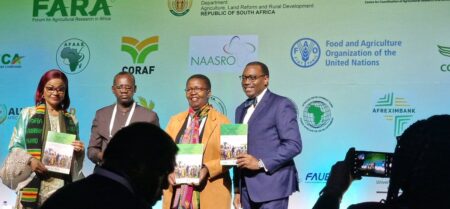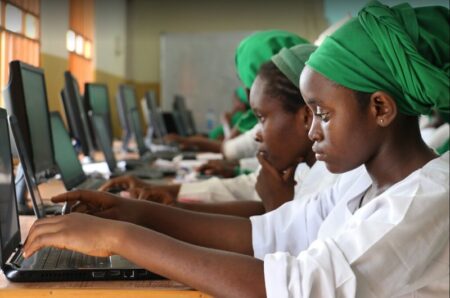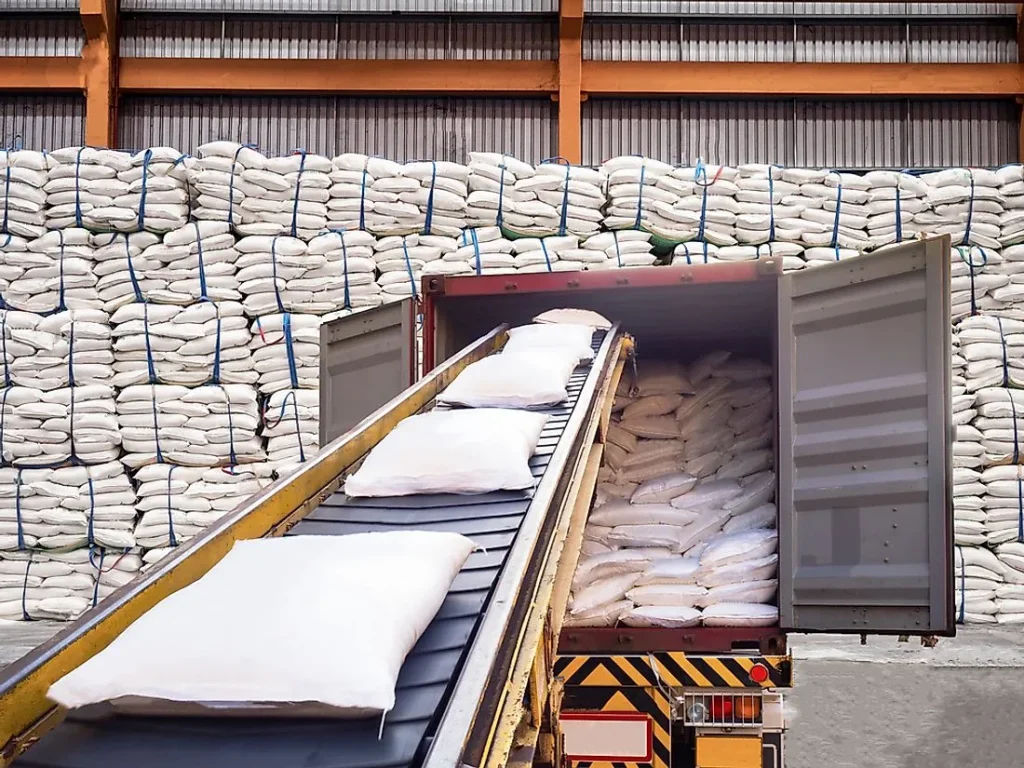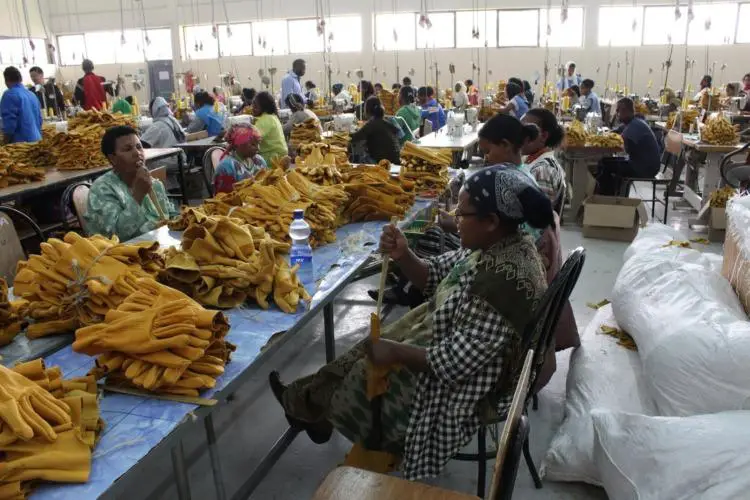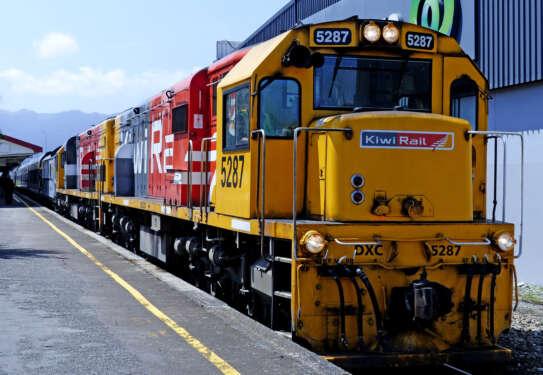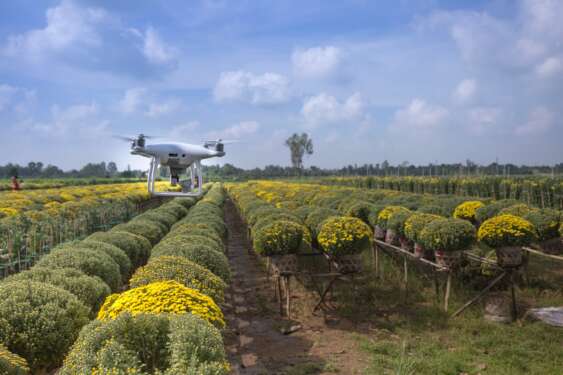- Africa’s new dawn: the rising role of digital and AI in agriculture
- Can Dangote Refinery Transform Africa Energy Ambition
- Gallup Survey: 80 per cent of Kenyan Workers Are Disengaged and Seek New Opportunities
- Madagascar Man Freed from 5KG Tumor After 15-Year Struggle
- How women in Africa are perceived and treated
- Sugar consumption in Kenya to Increase to 1.23 Million Tonnes
- Can Somalia and Turkey Oil deal Bring Change in Somaliland
- Remittances to Kenya dropped to $371.6 million in June, marking a six month low
Browsing: Agenda 2063
- The AU Summit 2024 is taking place in Addis Ababa, Ethiopia.
- The AU Summit 2024 has brought together the Committee of Ten Heads of State and Government.
- Marking a historic first, the year dedicated to Education follows its endorsement at the 36th Ordinary Session of the Assembly of AU Heads of States.
Finance and economic experts from Africa have called on African leaders at the AU Summit 2024 to match unity speak with actions and step up regional integration efforts, as theselatex hood brock bowers jersey adidas yeezy boost 350 turtle dove custom stitched nfl jersey air max 270 women air jordan 1 element air max 270 women jordan proto max 720 borsa prima classe black friday wig sale asu football jersey asu football jersey luvme human hair wigs jock strap custom sublimated hockey jerseys are key to the continent’s agency and success in the push for debt reforms …
Increased investments in agri-business will see Agriculture Technology (Agri-Tech) in Africa record massive growth. The food security crisis has ravaged many African countries. Consequently, the situation has attracted investor interest. This has instigated a digital revolution promoting the Agri-tech start-up ecosystem. Agri-tech startups remain instrumental in developing the agribusiness sector. The sector wields enormous economic potential for the continent.…
- Girls remain grossly underrepresented in Science, Technology, Engineering, and Mathematics education courses, especially in tertiary institutions and consequently in related careers.
- The need to promote STEM education cannot be overemphasized given that over the next two decades, an estimated 20 million young people a year are expected to join the workforce in Africa.
- Research shows that an average STEM worker earns double the amount of a non-STEM worker and this trend is bound to continue.
Today, Africa joins the rest of the world in marking the 2023 International Girls in ICT Day with the overarching theme being ‘Digital Skills for Life’. The celebration could not have come at a better time as the continent dives deeper into the adoption and full realization of the fourth industrial revolution (4IR), in which digital skills are key economic drivers; pertinently in science, technology, engineering and mathematics (STEM).
The International Girls in ICT …
A balanced meal, three times a day, a basic need few in Africa can afford. A three-course meal, a luxury most of the rest of the world enjoys, on a regular basis.
Did you know, Africa has a 50 year plan of what the continent will become half a century from now? It’s called Agenda 2063. The Assembly of Heads of State and Government of the African Union
To achieve this vision, the AU Assembly recognizes that its true power is in its people, the 1.4 plus billion people. The AU central focus on this Africa Day is how best to utilize its top resource. The AU admits that for the continent to achieve its Vision 2063 then it must focus on it’s people; “…the potential of its populations, in particular, a human capital well-nourished citizens and in good health with a particular emphasis on women, adolescents and children.”
“Human …
Albeit marred with difficulties, green manufacturing in Africa is possible and the continent stands to greatly benefit from the transition. It will promote inclusive economic transformation through domestic manufacturing and a commodity-based industrialization process, capitalizing on the continent’s resources and opportunities presented by the dynamic nature of the global structure of production.
Green industrialization has been identified as the holy grail of Africa’s socio-economic transformation; infusing green initiatives into value chain activities for instance, during sourcing and processing of raw materials to the marketing and selling of finished products. The Economic Commission for Africa (ECA) economic report on Greening Africa’s Industrialization, deduces that it is imperative for African countries to identify green industrialization entry points, set policies that support green industrialization and mobilize resources from the public and private sectors, as it is a precondition for sustainable and inclusive growth. …
The cornerstone of a successful trade is the efficient distribution of goods from the source to all points of sale. As such, cultivating logistics and distribution channels is necessary for the successful implementation of the African Continental Free Trade Area (AfCFTA).
The continent is made up of over 50 different countries whose levels of development vary vastly. Each country needs to seek its solutions locally, but governments need to come together to improve intra-African trade and cross-border co-operation.
AfCFTA will undoubtedly be a breakthrough in reducing the cost of shipping in Africa and improving efficiency. The amount of time that will be spent on customs clearance is set to drop drastically. Currently, it takes more than a week at one-border stops in some countries. …
Africa’s tech habitude is on the rise. Internet usage has risen significantly on the continent. On top of that, the advent of the coronavirus pandemic accelerated the prospect of growth in the digital sphere. E-commerce is one such opportunity that affords businesses access to broader market opportunities in every arena. According to McKinsey, a worldwide consulting firm, the e-commerce industry in Africa is expected to grow to a $75 billion industry by 2025.
E-commerce is growing. It is accelerated by a growing and youthful population that is increasingly exposed and has an appetite for greater efficiency and improvement of business to first-world standards. The African diaspora has also contributed to this growing demand as people have become more exposed to what is going on around the world. Technology itself dissolves existing borders and opens up trade regionally and internationally.…
The African continent is wealthy with vast mineral resources, which are 30% of the world’s total mineral reserves. Ninety percent of the world’s platinum and chromium reserves are found in Africa.
Sixty percent of the world’s arable land is located in Africa, which spells much potential for agriculture. Africa also boasts of many tourist attractions, including the majestic Victoria Falls, World Heritage Sites such as the Egyptian pyramids, as well as the numerous game reserves, to mention a few. This is in addition to the rich African culture as well as the diverse ethnic groups with over 1500 languages. It is the world’s second-largest and second most-populous continent.
Despite lying on a rich bed of resources, both natural and human, the narrative about Africa remains that of the poorest of the poor.
Changing the narrative
For a long time, the narrative of Africa as an impoverished continent has …
The agricultural sector is considered one of the most critical industries for the African continent due to its economic potential. There has been significant growth in the past two decades leading to a level of production three times higher than before, and the sector is projected to become a US$1trillion industry in sub-Saharan Africa by 2030. However, despite this increase, the African continent is still a net importer of agricultural commodities to meet its population’s basic food needs.
Nearly 600 million hectares of uncultivated arable land is in Africa; this shows that there is a lot of untapped potential in African Agribusiness.
Boosting Agriculture Through Technology
The application of technological innovations in Agribusiness is vital in sustainably boosting productivity, increasing profits, and ensuring food security in the continent and beyond.
Mobile Phones
The foremost benefit of using mobile phones is as a platform for exchanging information through calls, SMS, or …
The African Union agenda 2063 is on course. After some delays due to covid, the African continental free trade area has become a reality. As part of the free trade area, the African Union passport will be availed this year. The passport launched in 2016 had been available only for diplomats and AU officials. It will now be rolled out to ordinary citizens of the African Union.
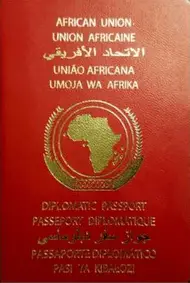
What will an African Passport mean?
The rationale for the passport is for African citizens to be able to cross all borders on African soil without a visa. The passport will facilitate easier movement for people to ease trade relations.
As African countries strengthen ties and seek to reap strength in numbers, the passport will spell an easier transition into seamless trade on the continent.
Modelled along the lines of the European Union passport, the passport will be biometric to prevent fraud and …






